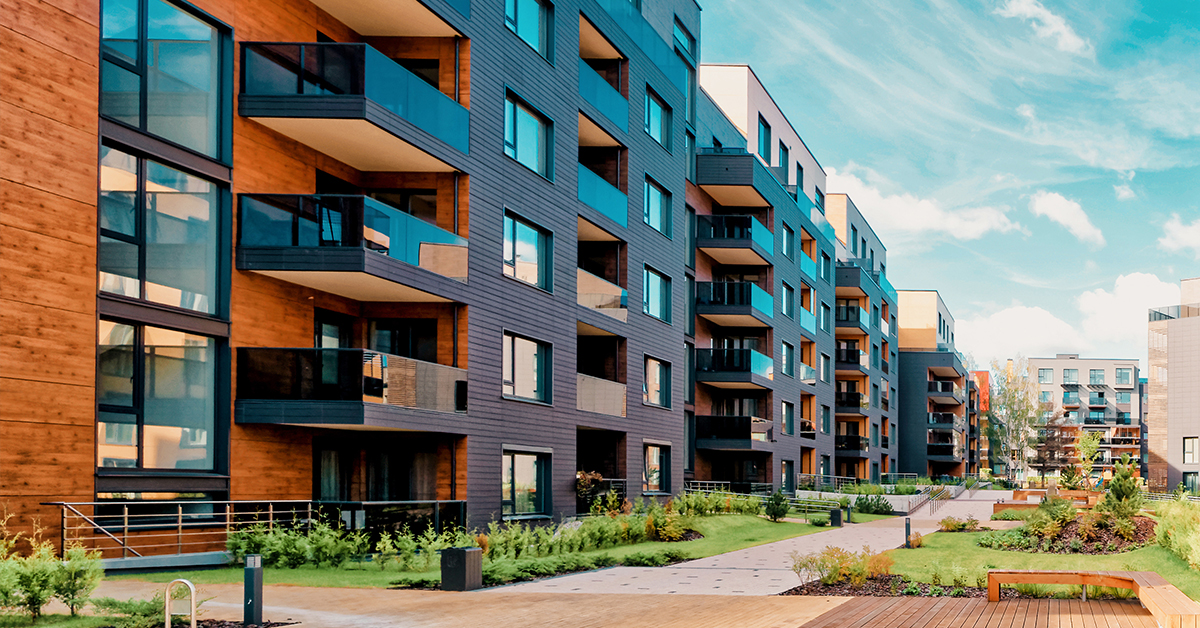The Function of an HOA in Establishing and Enforcing Neighborhood Guidelines for Homeowners
The function of a Homeowners Organization (HOA) in applying and establishing area guidelines is basic to preserving a natural and orderly household atmosphere - hoa condo. By creating clear policies that control aspects such as property upkeep and area conduct, the HOA not just establishes criteria for locals yet also promotes a feeling of belonging and accountability. The application of these standards can present different difficulties, elevating inquiries about interaction, justness, and area engagement. As we check out these intricacies, it comes to be apparent that the effect of an HOA prolongs far beyond simple guideline enforcement.
Understanding Homeowners Organizations
Homeowners organizations (HOAs) work as governing bodies for household areas, playing a crucial duty in preserving residential or commercial property values and cultivating a feeling of community. Typically created by programmers, HOAs are composed of property owners within an assigned area who elect a board to oversee the organization's activities. The primary functions of an HOA consist of implementing neighborhood regulations, managing usual locations, and arranging area events.
HOAs operate under a set of controling papers, consisting of problems, constraints, and agreements (CC&R s), which detail the rights and duties of homeowners. These guidelines intend to make certain that residential or commercial properties are preserved to a particular criterion, therefore shielding the aesthetic charm and total worth of the community. Furthermore, HOAs usually collect fees from home owners to money maintenance, landscaping, and other social work.
The presence of an HOA can considerably influence the living experience within an area (hoa condo). While some homeowners value the structured environment and facilities supplied, others might locate particular regulations restrictive. Balancing the interests of all property owners is necessary for an HOA to operate properly, ensuring that it serves its intended purpose of enhancing community living while respecting individual homeowner rights
Developing Community Standards

To start, an HOA needs to perform surveys or hold meetings that allow locals to voice their pointers and concerns. This participatory process fosters a sense of ownership and increases compliance. Next, the HOA board must evaluate the feedback to identify common themes and priorities that warrant formal incorporation in the standards.
It is additionally vital to ensure that the standards are clear, succinct, and conveniently recognized. Uncertainties can cause conflicts and misunderstandings, threatening the objective of the guidelines. The standards ought to be detailed, covering different facets of community living, consisting of residential or commercial property upkeep, sound levels, and usage of common locations.
Enforcement of Rules
Effective enforcement of community regulations is crucial for keeping order and making sure that all locals comply with the established standards. An HOA needs to implement an organized method to apply these policies, which often includes a combination of tracking, communication, and charges for non-compliance.
First, normal assessments and area patrols can assist recognize violations, making certain that guidelines are continually applied throughout the neighborhood. This positive surveillance allows the HOA to attend to issues before they rise, fostering a feeling of accountability amongst residents.
2nd, clear communication is vital. Homeowners ought to be notified of the regulations and the procedures for reporting offenses. An open line of communication encourages citizens to voice problems and seek information on standards, which can boost compliance.

Lastly, when great post to read violations occur, the HOA must enforce consequences as outlined in the controling records. By successfully implementing policies, an HOA can grow a harmonious living environment that reflects the cumulative values of its locals.
Benefits of HOA Rules
Many benefits arise from the execution of HOA guidelines, which serve to enhance the lifestyle within a neighborhood. One primary benefit is the upkeep of residential property values. By enforcing criteria for appearances and maintenance, HOAs guarantee that homes and common locations stay attractive, fostering a preferable living atmosphere that can bring about enhanced residential property worths in time.
Additionally, HOA regulations promote consistency and harmony within the area. This coherence in layout and upkeep aids to develop a sense of belonging among residents, adding to neighborhood pride and a positive environment. In addition, developed guidelines assist in conflict resolution among next-door neighbors by supplying clear assumptions and procedures for actions, thus reducing disputes.
An additional significant benefit is the arrangement of shared services and solutions. Several HOAs handle area centers such as parks, clubs, and swimming pools, which improve leisure possibilities for homeowners. These amenities not only improve the high quality of life however also motivate social communication.
Eventually, the guidelines stated by an HOA grow a well-organized, unified area, guaranteeing that citizens appreciate a high requirement of living while promoting a supportive setting for all home owners.
Typical Obstacles Faced by HOAs
Amidst the advantages that homeowners associations (HOAs) can give, they also run into a variety of challenges that can hinder their effectiveness. One considerable concern is the absence of resident involvement. Lots of homeowners might not join meetings or area activities, leading to a disconnect in between the HOA board and citizens. This disengagement can result in misconceptions regarding community guidelines and an absence of assistance for enforcement efforts.
Disputes can emerge when residents feel that enforcement is irregular or prejudiced, possibly leading to conflicts within the community. Furthermore, HOAs usually face monetary restrictions, which can restrict their capacity to keep common areas or fund community jobs.
Furthermore, browsing legal complexities can be intimidating for HOAs. Changing demographics and advancing area needs require HOAs to adjust their guidelines, often fulfilling resistance from long-standing homeowners who are accustomed to typical norms.
Verdict

By creating clear policies that regulate aspects such as property upkeep and area conduct, the HOA not only sets requirements for residents but likewise cultivates a sense of belonging and responsibility.Homeowners organizations (HOAs) offer as governing bodies for domestic areas, playing an important function in keeping residential or commercial property values and promoting a feeling of area. Many property owners might not get involved in conferences or area tasks, leading to a check over here disconnect between the HOA board and locals. Evolving and changing demographics community needs need HOAs to adapt their guidelines, typically satisfying resistance from long-lasting homeowners that are accustomed to typical standards. Via the development of clear regulations and consistent enforcement, HOAs promote residential or commercial property maintenance, community satisfaction, and trust fund amongst homeowners.